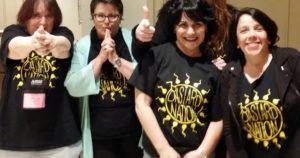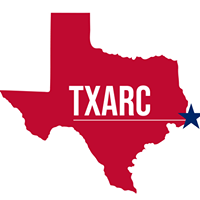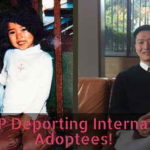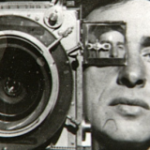Group fights for equal access
Adoption records
October 4, 1998
By Mary Mogan Edwards
Dispatch Staff Reporter
Adult members of Bastard Nation know that at least part of the reason for keeping adoption records secret traditionally has been to protect adoptees from the shame of illegitimate birth.
As their name suggests, they don’t worry about that stigma.
“We’re saying, ‘We don’t care,’ ” said Pamela Zaebst, who was adopted as an infant and spent years trying to find out the circumstances of her birth. “We know most of us were born to unwed parents, and we see no shame in that. We just want the same information that’s available to any other citizen.”
Far more important, members say, is the right of everyone to know exactly when and where they were born and who their parents are, as well as the practical necessity of knowing one’s family medical history.
Bastard Nation members set up a table yesterday at Borders Books & Music store on the Northwest Side to offer help to anyone who might want to find out about family members who have been separated by adoption or divorce.
“RegDay” is an annual event through which the group hopes to make people familiar with the International Soundex Reunion Registry, a nonprofit enterprise that provides a way for mutually agreeable parties to find one other.
Still, Bastard Nation co-founder Marley Elizabeth Greiner said, “This isn’t a search-and-reunion issue. It’s a civil-rights issue. People who are adopted are the only people who are denied access to their public birth records.”
Alaska and Kansas have open adoption records, but the group has hopes for Tennessee, where a state judge recently ruled that a birth mother doesn’t have the right to prevent her biological child from learning her identity, and Oregon, where a petition-driven initiative to open adoption records is on the November ballot.
In response to those who would argue that opening such records could destabilize adoptive families by allowing birth parents with second thoughts to harass them, backers of the Oregon measure point out that it would open the records only to adoptees who have reached adulthood.
Reasons for searching are as varied as adoptees’ circumstances.
“Ever since I was little, I wanted to know who I looked like,” Greiner said. “It would drive me crazy.”
Reunions, when birth parents agree to them, can often be anticlimactic, she said. Greiner found her mother in 1980, but her mother refused to see her for 17 years. She didn’t get to visit her until after her mother suffered a stroke.
“When I saw her lying in the hospital bed, I remember thinking, ‘What’s the big deal?’ ” Greiner said. “She was just this average, ordinary person.”
Finding out about their origins can be essential to ending many adopted adults’ desires for information.
“I really just think the secrecy makes it worse,” Zaebst said.


 New York Adoptee Rights Coalition
New York Adoptee Rights Coalition











